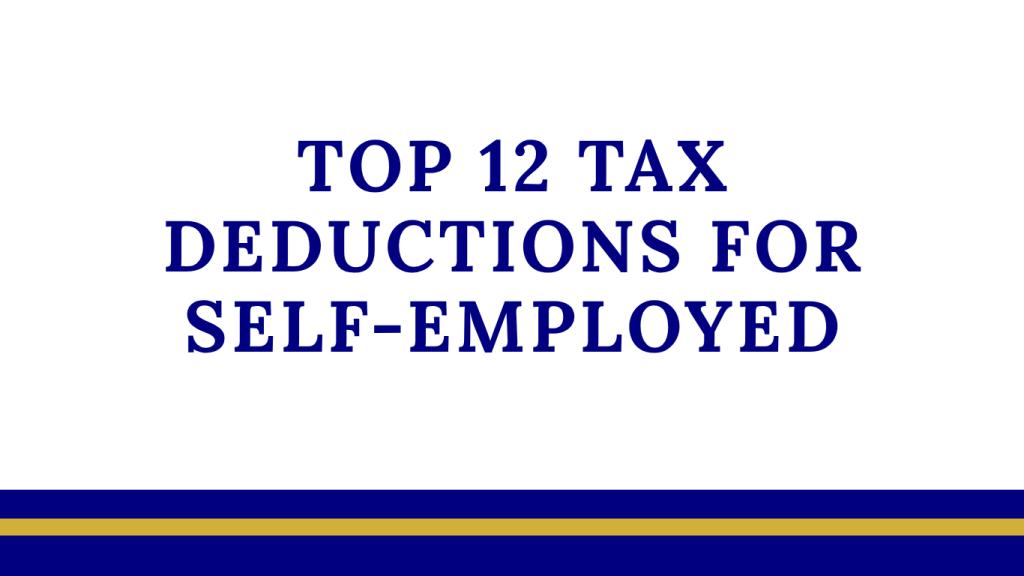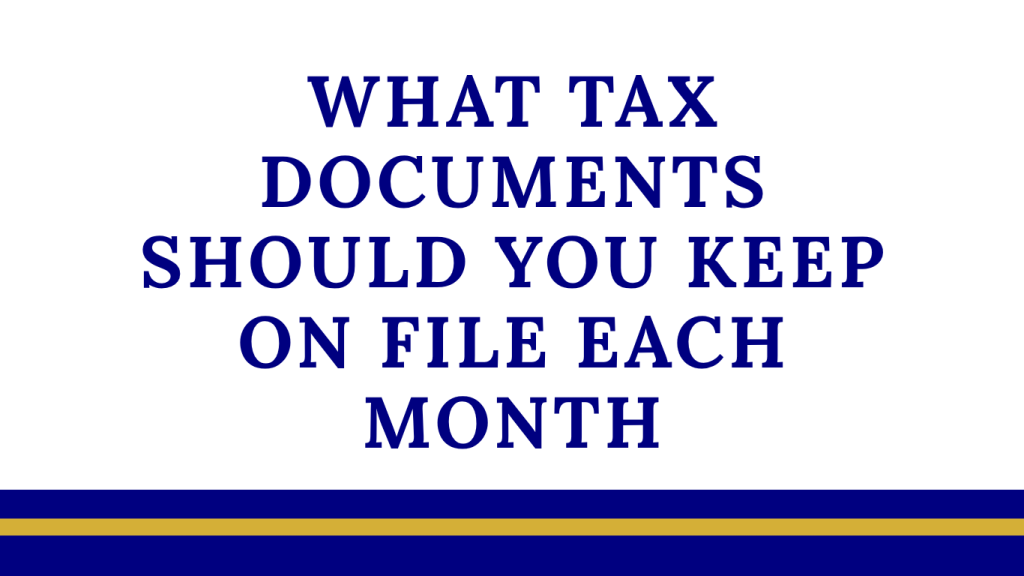Giving gifts—whether to family, friends, or even as part of estate planning—can have tax implications. But thanks to the Annual Gift Tax Exclusion, many gifts made each year are completely tax-free for both the giver and the recipient.
For 2025, the IRS has increased the gift tax exclusion limits slightly, which means you can give a little more without triggering any gift tax reporting.
What Is the Gift Tax Exclusion?
The Annual Gift Tax Exclusion allows you to give money or property to another person without paying gift tax or filing a gift tax return, as long as the value of the gift is within the annual limit set by the IRS.
This exclusion applies on a per recipient, per year basis. That means you can give up to the limit to as many people as you like, without affecting your lifetime gift and estate tax exemption.
2025 Gift Tax Exclusion Limits
- You can give up to $19,000 per person in 2025 without needing to file a gift tax return
- If you’re married, you and your spouse can each give $19,000 to the same person, for a combined total of $38,000
- For gifts made to a non-citizen spouse, the exclusion limit increases to $190,000 in 2025 (up from $185,000 in 2024)
What Counts as a Gift?
Gifts can include cash, property, or even the forgiveness of a loan. Common examples include:
- Financial gifts to adult children or grandchildren
- Paying for someone’s wedding or down payment on a home
- Transferring stocks, real estate, or other assets
However, payments made directly to educational institutions for tuition or directly to medical providers for medical bills are not considered taxable gifts and do not count against your annual exclusion.
Why It Matters
Understanding the gift tax rules can help you give generously while staying within the IRS limits. It’s also an important piece of estate planning strategy for those who want to pass on assets during their lifetime without dipping into their lifetime estate tax exemption.
By tracking your gifts and staying under the annual limit, you can avoid unnecessary paperwork and make the most of tax-free giving opportunities.



